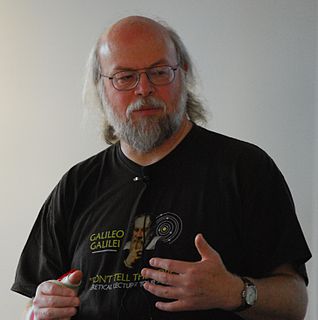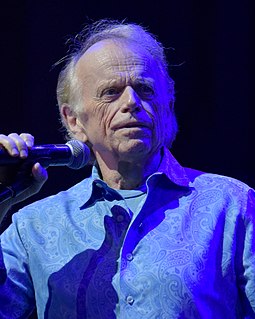A Quote by Tom Vilsack
To keep farmers on the farm we must maintain a strong farm safety net, but we will also have to build a thriving companion economy to compliment production agriculture in rural America.
Related Quotes
People are important too, however, and what a terrible impact a total ban on hunting would have on the rural economy, which is still reeling from the after-effects of foot and mouth disease. With average net farm income having fallen to 5,200 per farm in England and 4,100 in Wales, it seems an act of spiteful vandalism to destroy literally thousands of jobs in deeply rural areas, when it is simply not necessary to do so and where no meaningful alternative employment exists.
If farmers become weak the country loses self-reliance but if they are strong, freedom also becomes strong. If we do not maintain our progress in agriculture, poverty cannot be eliminated from India.But our biggest poverty alleviation programme is to improve the living standard of our farmers. The thrust of our poverty alleviation programmes is on the uplift of the farmers.
The farmer and the farm, like "the environment," are looked upon, for example, as means to offset trade deficits. The farm is a place where we can externalize costs. The cost of pesticides to the farmer and the cost of the pesticides to the soil and groundwater are regarded similarly by the public: "a serious problem that something ought to be done about." But the problem is more fundamental than this glib statement would indicate, for soil pollution is an expense of production. So are pesticides and nitrates in our farm wells. So is the loss of farmers from the land.
A farm regulated to production of raw commodities is not a farm at all. It is a temporary blip until the land is used up, the water polluted, the neighbors nauseated, and the air unbreathable. The farmhouse, the concrete, the machinery, and outbuildings become relics of a bygone vibrancy when another family farm moves to the city financial centers for relief.
Agriculture is not crop production as popular belief holds - it's the production of food and fiber from the world's land and waters. Without agriculture it is not possible to have a city, stock market, banks, university, church or army. Agriculture is the foundation of civilization and any stable economy.
Net result [of the Dept. of Agriculture's Payment in Kind - PIK - program]: total farm income, now expected to be around $25 billion, this fiscal year, will exceed total federal subsidies by only a couple of billion. You could argue that those fellows out there on the fruited plain are in effect working for the federal government and that, therefore, the U.S. now has socialized agriculture under the Reagan Administration. Rich, eh?


































